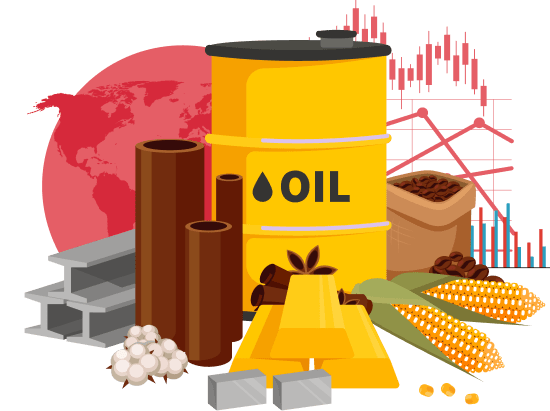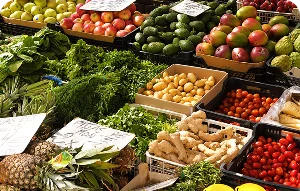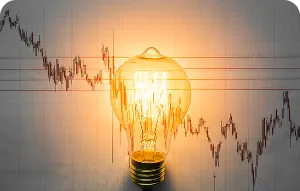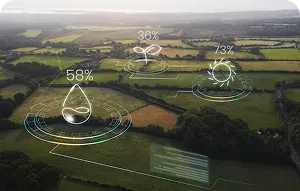Trader-friendly
Demat A/c
₹0 A/c Opening & AMC Fee (1st Year)
No Auto Square-Off Fee
Low DP + Free Call & Trade Facility
Commodity
Research Reports
Daily Market Analysis & Price Forecasts
Sector-specific Commodity Insights
Expert Technical & Fundamental Analysis
Experts Commodity
F&O Strategies
Professional Trading Strategies
Risk Management Techniques
Position Sizing Recommendations
Trade Commodity
on Charts
Advanced Charting Tools
Multiple Technical Indicators
Real-time Price Alerts
Low Brokerage
Competitive Rates Starting at 0.02%*
Volume-based Discounts
Transparent Pricing Structure
Dedicated
Commodity Desk
Expert Trading Guidance
Market Outlook Support
Portfolio Advisory Services




















